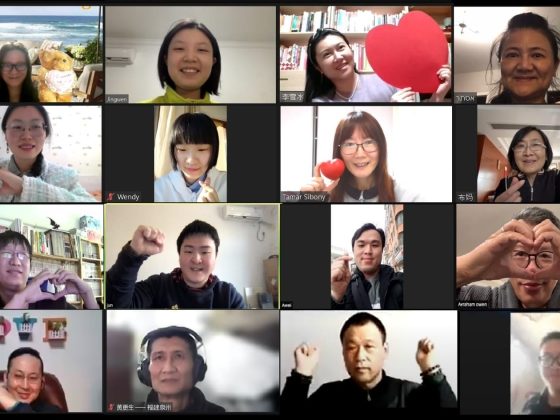The current mindset of sustaining the economy by pushing for endless shopping is not capitalism; it’s madness. If we want to go on living, we must adopt more rational priorities and values.
On the one hand, the media and every pundit with a microphone or a laptop tell us that prices are rising because disruptions in supply chains and shortage of computer chips have slowed production and distribution while demand is on the rise. As a result, prices are soaring. At the same time, we throw out more than half of what we produce, and even what we do buy, we throw away while it is still working perfectly fine, just in order to get a newer model. This is not a capitalistic economy; it is senseless madness.
“If we want to live to see more tomorrows, we must change our mindset. It is time to rise to a higher level of existence. Endless shopping has exhausted itself, and now we must look a little deeper.”
This is why I was so happy when Covid came along. It forced us to stop the mad shopping and frantic traveling, give Earth some time to breathe, and give ourselves some time for one another. But once vaccines became available, we let the shopping monster out of the cage and now we cannot cage it anymore. With tooth and nail, we are fighting to keep up the insanity. But Omicron is proof that nature has many tricks up its sleeve. We may fight it tooth and nail, but nature will keep fighting back until we have no teeth or nails.
We are depleting our resources, both natural and human, increasing our debt, both personal and national, and we are living with a mindset of “Let us eat and drink, for tomorrow we may die.” But madness is not a winning strategy; it will end in war or in another form of complete destruction.
If we want to live to see more tomorrows, we must change our mindset. It is time to rise to a higher level of existence. Endless shopping has exhausted itself, and now we must look a little deeper.
To look deeper, we need to change our value system. If we let the media keep telling us to shop till we drop, this is what we will do. We need to make the media tell us a different story, one where people enjoy other things, such as each other’s company, or prosperous and supportive communities. Just as we currently let the media teach us that we are worth only as much as we make, we can make it tell us that we are worth only as much as we care—about each other.
“If we start thinking more about each other and less about ourselves, we will not need to constantly affirm our self-worth by buying more stuff that we do not really need. Instead, we will buy what we need for comfortable living rather than buying for emotional comfort or to boost our confidence.”
If we start thinking more about each other and less about ourselves, we will not need to constantly affirm our self-worth by buying more stuff that we do not really need. Instead, we will buy what we need for comfortable living rather than buying for emotional comfort or to boost our confidence.
If we adopt this mindset, there will be no over-demand, no disruptions of supply chains, and no shortage of anything. Producers will not only have to produce less and lower their prices, they will not want to exploit and charge more than they need to because their approach to people will change from exploitation to connection.
In that regard, an intriguing research was recently published by Northeastern University. The researchers, Shanyu Kates and David DeSteno, examined the effects of gratitude on people. They distinguished gratitude from a general feeling of contentment, which could be driven by selfish motivations and did not prove to have any impact on people’s social or environmental behavior. Gratitude, they discovered, made people more considerate of others and decreased their propensity to overconsume. They concluded that gratitude “may be useful in promoting sustainable behavior,” and aptly titled their research, “Gratitude reduces consumption of depleting resources.”
I sincerely hope that in the coming year, before it is too late, we will acknowledge that nurturing mutual care rather than alienation and competition is our only way to guarantee our future in a positive way, and that all other roads lead to scarcity and further madness.











